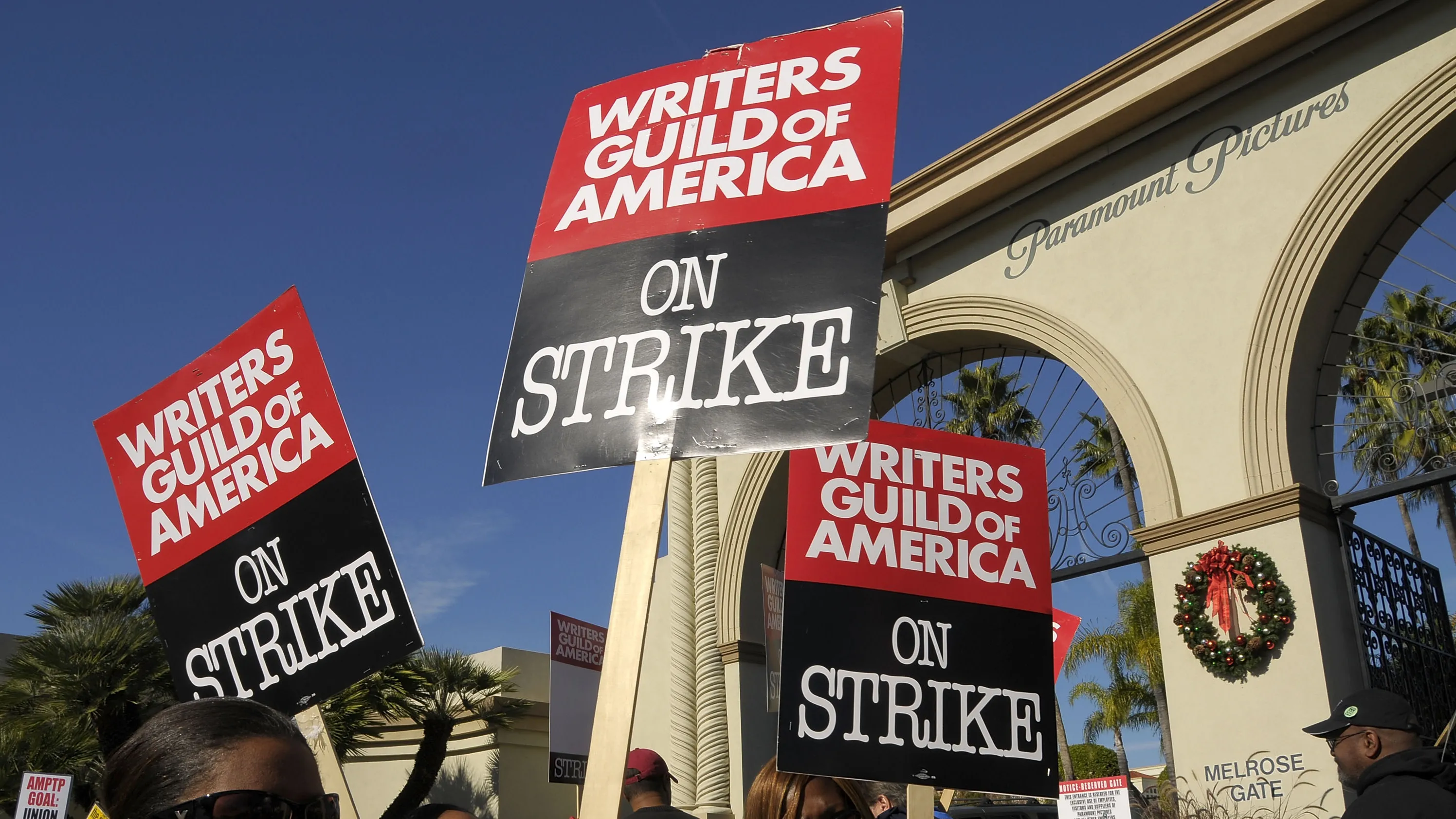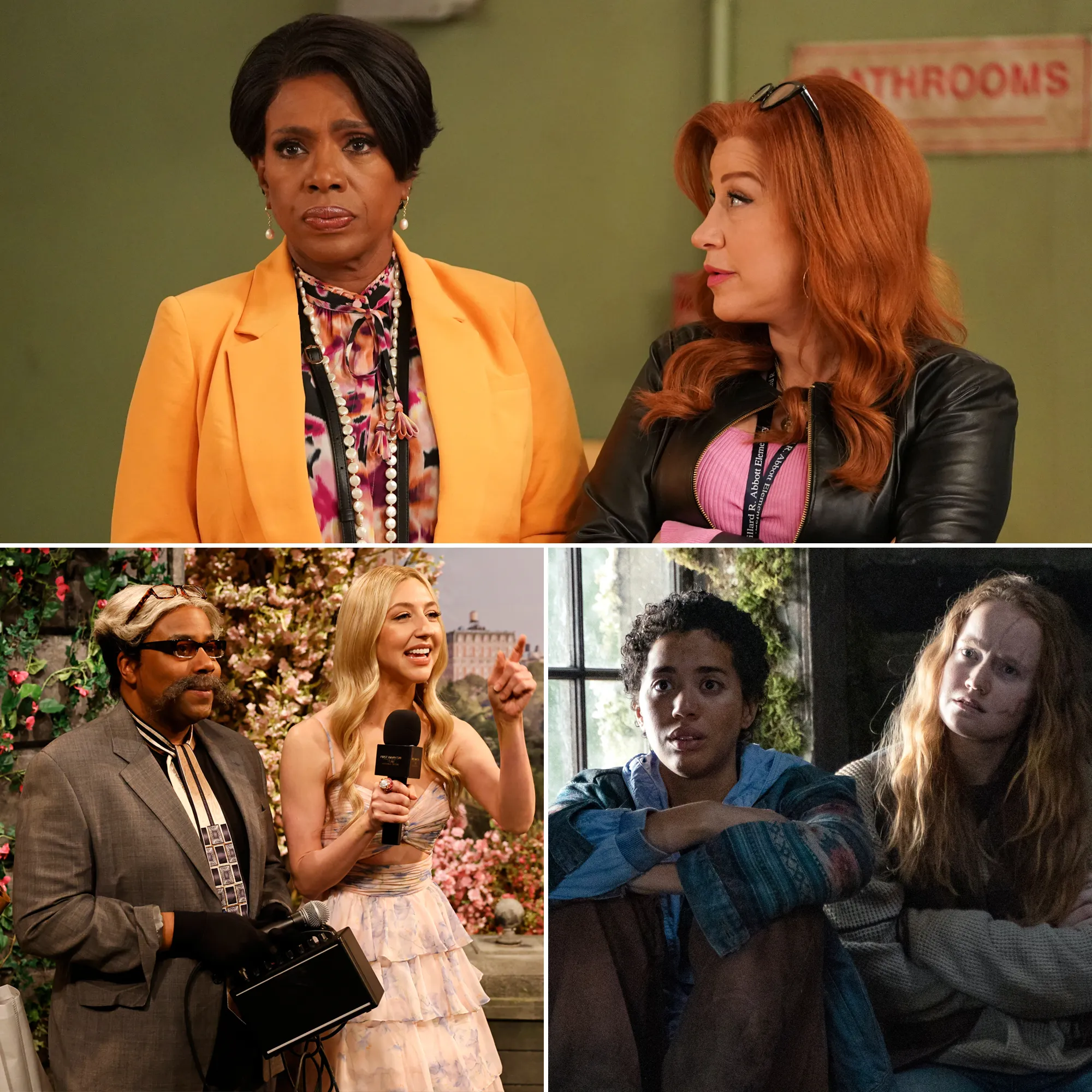Writers' Strike Paralyzes Ent Industry, Puts Spotlight on Compensation and Streaming Rights
- Sahar

- Aug 1, 2023
- 3 min read
The entertainment industry has been thrown into chaos as thousands of writers across the country have gone on strike, demanding fair compensation and improved streaming rights.
The standoff between the Writers Guild of America (WGA) and the Alliance of Motion Picture and Television Producers (AMPTP) has left television schedules bare and film production halted.

The primary focus of the strike revolves around the growing inequality between writers' earnings and the booming streaming industry's meteoric rise. Writers argue that they deserve a fair share of the profits generated by their work in the digital age, citing the increasing dominance of streaming platforms and diminishing traditional revenue streams.
Streaming platforms, such as Netflix, Amazon Prime Video, and Hulu, have revolutionized the entertainment landscape. As audiences rapidly shift towards online streaming, traditional broadcast networks and film studios have faced declining revenues. However, the writers claim that streaming platforms have disproportionately benefited from this transition, leaving writers to grapple with reduced compensation and diminished residuals.
With an increasing number of viewers consuming content through streaming, the writers' strike aims to address the discrepancies between traditional agreements and new digital platforms. The WGA is seeking improved minimum pay, increased residuals, and healthcare benefits for writers working on streaming-exclusive projects.
The AMPTP, representing major studios and networks, has expressed concerns regarding budget constraints, citing intense competition and increased production costs. The industry body insists that it values the contributions of writers but believes that the current demands are unreasonable given the financial landscape.
The strike's impact is indispensable. With major networks and studios heavily reliant on content provided by writers, television programs have been forced to suspend production or heavily rely on reruns and unscripted programming. Popular shows such as "Abbott Elementary," "This Is Us," and "Stranger Things" have been put on indefinite hiatus, leaving millions of fans and actors in limbo, unsure when their favorite shows will return.
Film production is also feeling the strain, as screenwriters are vital in shaping the creative process from script to screen. Pre-production for highly anticipated movies, including blockbuster franchises such as "Fast and Furious" and "Jurassic World," has ground to a halt, with producers grappling with incomplete scripts.
The broader implications of the strike extend beyond the entertainment industry and have sparked conversations around the gig economy and workers' rights. As independent contractors, writers often face precarious work conditions, lacking job security and being subject to grueling deadlines. The strike serves as a rallying cry for better protections and fair treatment for all freelancers across diverse industries.
Writers' strikes have a long history in Hollywood, with the most notable being the 2007-2008 strike that lasted for 100 days and cost the industry an estimated $2.5 billion. Both sides are aware of the potentially devastating consequences and are under significant pressure to reach a sensible resolution.
Negotiations between the WGA and AMPTP are ongoing, and while progress has been made regarding certain issues, the fundamental disagreements surrounding compensation and streaming rights remain contentious. The sheer impact of the strike keeps audiences and industry insiders eagerly awaiting a resolution, gradually realizing the significant leverage writers hold in the modern entertainment landscape.
As the entertainment industry grapples with changing dynamics, the current strike serves as a reminder of the importance of writers' creative contributions and the need for their fair treatment in the digital era. Only time will tell how this standoff will shape the future of the industry, but one thing is clear: writers are no longer willing to remain silent and are demanding the recognition and compensation they believe they are due.

$50
Product Title
Product Details goes here with the simple product description and more information can be seen by clicking the see more button. Product Details goes here with the simple product description and more information can be seen by clicking the see more button

$50
Product Title
Product Details goes here with the simple product description and more information can be seen by clicking the see more button. Product Details goes here with the simple product description and more information can be seen by clicking the see more button.

$50
Product Title
Product Details goes here with the simple product description and more information can be seen by clicking the see more button. Product Details goes here with the simple product description and more information can be seen by clicking the see more button.


































Comments